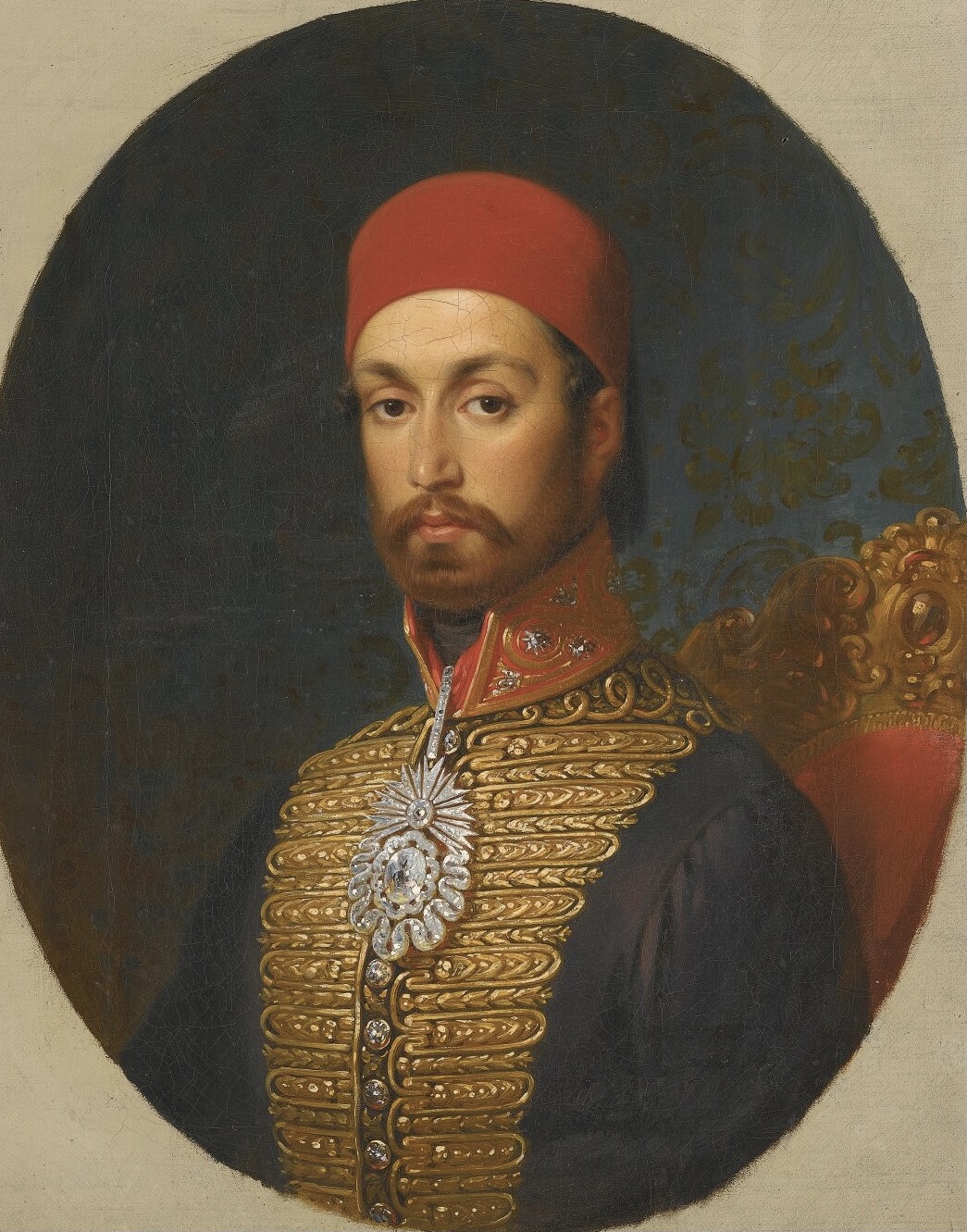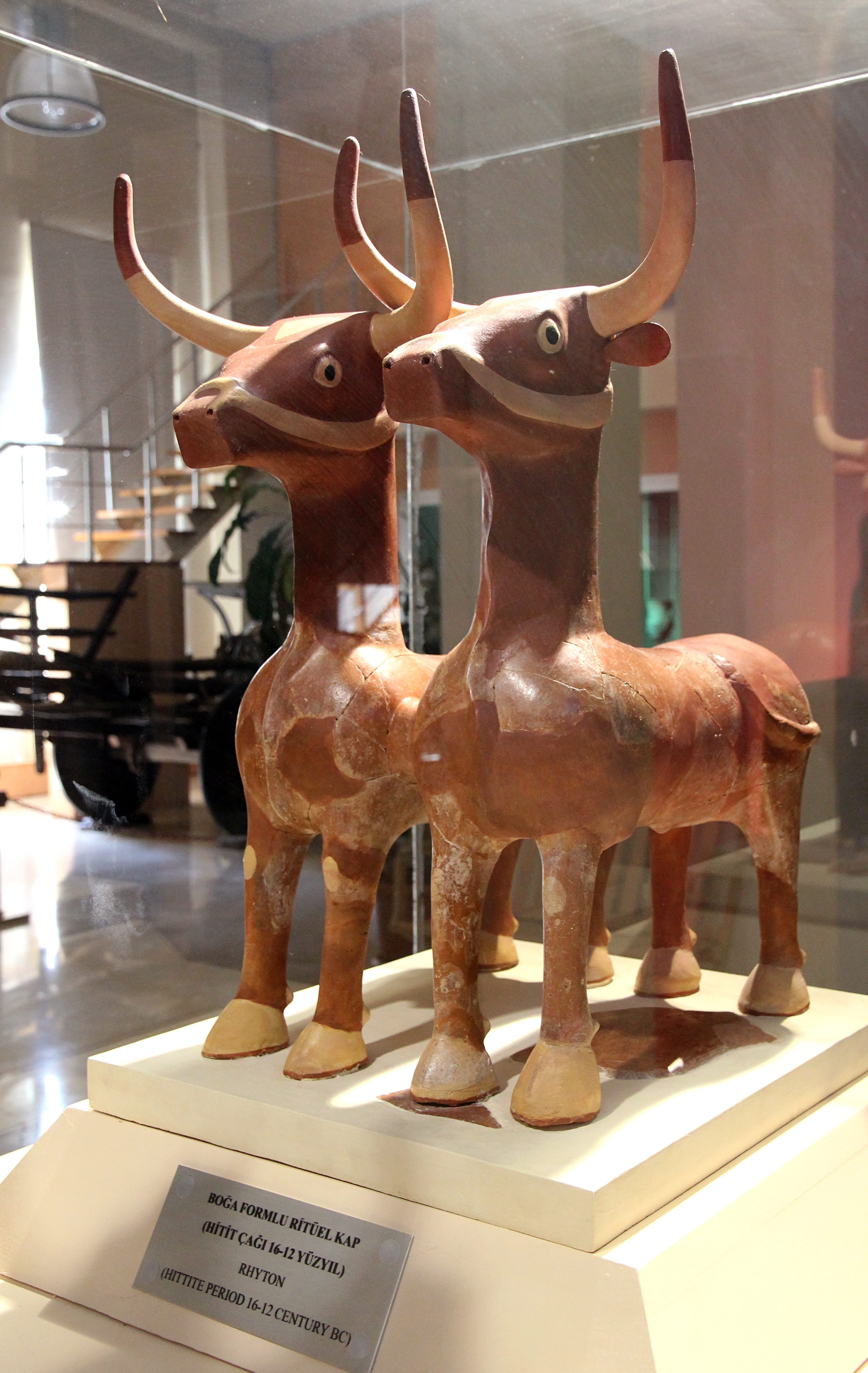|
Millet Mektepleri
Nation’s school () was the name of a campaign of series of courses offered to adults to learn the Latin alphabet in Turkey in 1929–1932. Background The Ottoman Empire, like many Islamic countries, used the Arabic alphabet, even though it was not able to reproduce certain Turkish vowels. Because the alphabet stemmed from the Quran, it was considered unalterable. After the collapse of the Empire, the leader of the Turkish Republic, Mustafa Kemal Atatürk, adopted the Latin alphabet in 1928, adjusting it to suit the Turkish language: omitting "Q", "W" and "X", and adding diacritical marks to create umlaut versions of "O", "U" and "I", and the accented letters "Ç", "Ş" and "Ğ". In English such accented letters are usually written ''Ch'', ''Sh'' and ''Gh'' Alphabet reform In June 1928, Atatürk asked Mustafa Necati, the Minister of National Education to form a committee to adopt the Latin alphabet. On 9 August 1928, Atatürk announced that the Latin alphabet would replace ... [...More Info...] [...Related Items...] OR: [Wikipedia] [Google] [Baidu] |
Latin Alphabet
The Latin alphabet, also known as the Roman alphabet, is the collection of letters originally used by the Ancient Rome, ancient Romans to write the Latin language. Largely unaltered except several letters splitting—i.e. from , and from —additions such as , and extensions such as letters with diacritics, it forms the Latin script that is used to write most languages of modern Languages of Europe, Europe, languages of Africa, Africa, languages of the Americas, the Americas, and Languages of Oceania, Oceania. Its basic modern inventory is standardized as the ISO basic Latin alphabet. Etymology The term ''Latin alphabet'' may refer to either the alphabet used to write Latin (as described in this article) or other alphabets based on the Latin script, which is the basic set of letters common to the various alphabets descended from the classical Latin alphabet, such as the English alphabet. These Latin-script alphabets may discard letters, like the Rotokas alphabet, or add new ... [...More Info...] [...Related Items...] OR: [Wikipedia] [Google] [Baidu] |
3rd Parliament Of Turkey
The 3rd Grand National Assembly of Turkey existed from 2 September 1927 to 4 May 1931. There were 367 MPs in the parliament all of which were the members of the Republican People's Party (CHP). But later 15 of them issued from CHP to serve in the Liberal Republican Party (Turkey), Liberal Republican Party (SCF) Main parliamentary milestones Some of the important events in the history of the parliament are the following:Türkiye'nin 75 Yılı; Tempo Yayıncılık, İstanbul *1 November - Mustafa Kemal Atatürk, Mustafa Kemal (Atatürk) was elected as the president of Turkey for the second time. *3 November - İsmet İnönü of CHP formed the 5th government of Turkey . *10 April 1928 - Constitutional Amendment to Secularism in Turkey, secularize the state. *1 November 1928 – ''Law 1348'' : Latin alphabet instead of the traditional Arabic alphabet. *1 January 1929 – Nation's schools Project, a temporary project to train adults in Latin Alphahabet. (''See'' Mustafa Necati) *3 ... [...More Info...] [...Related Items...] OR: [Wikipedia] [Google] [Baidu] |
1928 Establishments In Turkey
Nineteen or 19 may refer to: * 19 (number) * One of the years 19 BC, AD 19, 1919, 2019 Films * ''19'' (film), a 2001 Japanese film * ''Nineteen'' (1987 film), a 1987 science fiction film * '' 19-Nineteen'', a 2009 South Korean film * '' Diciannove'', a 2024 Italian drama film informally referred to as "Nineteen" in some sources Science * Potassium, an alkali metal * 19 Fortuna, an asteroid Music * 19 (band), a Japanese pop music duo Albums * ''19'' (Adele album), 2008 * ''19'', a 2003 album by Alsou * ''19'', a 2006 album by Evan Yo * ''19'', a 2018 album by MHD * ''19'', one half of the double album '' 63/19'' by Kool A.D. * ''Number Nineteen'', a 1971 album by American jazz pianist Mal Waldron * ''XIX'' (EP), a 2019 EP by 1the9 Songs * "19" (song), a 1985 song by British musician Paul Hardcastle * "Stone in Focus", officially "#19", a composition by Aphex Twin * "Nineteen", a song from the 1992 album ''Refugee'' by Bad4Good * "Nineteen", a song from the 200 ... [...More Info...] [...Related Items...] OR: [Wikipedia] [Google] [Baidu] |
History Of Education In Turkey
Education in Turkey is governed by a national system which was established in accordance with Atatürk's Reforms. It is a state-supervised system designed to produce a skillful professional class for the social and economic institutes of the country. Compulsory education lasts 12 years. Primary and secondary education is financed by the state and free of charge in public schools, between the ages of 6 and 19. Turkey has over 200 universities as of 2022. Student Selection and Placement System, ÖSYS, after which high school graduates are assigned to university according to their performance. Turkey has 97% of primary school enrollment among all eligible children as of 2019. This number has significantly dropped with the Syrian refugee crisis. Many Syrian children left school during the crisis. In 2002, the total expenditure on education in Turkey amounted to $13.4 billion, including the state budget allocated through the National Ministry of Education and private and internationa ... [...More Info...] [...Related Items...] OR: [Wikipedia] [Google] [Baidu] |
Education In Turkey
Education in Turkey is governed by a national system which was established in accordance with Atatürk's Reforms. It is a state-supervised system designed to produce a skillful professional class for the social and economic institutes of the country. Compulsory education lasts 12 years. Primary and secondary education is financed by the state and free of charge in public schools, between the ages of 6 and 19. Turkey has over 200 universities as of 2022. ÖSYS, after which high school graduates are assigned to university according to their performance. Turkey has 97% of primary school enrollment among all eligible children as of 2019. This number has significantly dropped with the Syrian refugee crisis. Many Syrian children left school during the crisis. In 2002, the total expenditure on education in Turkey amounted to $13.4 billion, including the state budget allocated through the National Ministry of Education and private and international funds. The share of national wealth ... [...More Info...] [...Related Items...] OR: [Wikipedia] [Google] [Baidu] |
Dolmabahçe Palace
Dolmabahçe Palace ( ) is a 19th-century imperial palace located in Istanbul, Turkey, along the European shore of the Bosporus, which served as the main administrative center of the Ottoman Empire from 1856 to 1887 and from 1909 to 1922. History Dolmabahçe Palace was ordered by the empire's 31st sultan, Abdülmecid I, and built between the years 1843 and 1856. Previously, the sultan and his family had lived at the Topkapı Palace, but as the medieval Topkapı was lacking in contemporary style, luxury, and comfort, as compared to the palaces of the European monarchs, Abdülmecid decided to build a new modern palace near the site of the former Beşiktaş Sahil Palace, which was demolished. Hacı Said Ağa was responsible for the construction works, while the project was realized by architects Garabet Balyan, his son Nigoğayos Balyan and Evanis Kalfa (members of the Armenian Balyan family of Ottoman court architects). , the construction cost the equivalent of ca. US$3 bill ... [...More Info...] [...Related Items...] OR: [Wikipedia] [Google] [Baidu] |
Sivas Turkish Alphabet
Sivas is a city in central Turkey. It is the seat of Sivas Province and Sivas District.İl Belediyesi Turkey Civil Administration Departments Inventory. Retrieved 22 May 2023. Its population is 365,274 (2022). The city, which lies at an elevation of in the broad valley of the Kızılırmak river, is a moderately sized trade centre and industrial city, although the economy has traditionally been based on . Rail repair shops and a thriving manufacturing industry of rugs, bricks, cement, and cotton and woolen |
Falih Rıfkı Atay
Falih Rıfkı Atay (1894 – 20 March 1971) was a Turkish journalist, writer and politician between 1923 and 1950. Biography Falih Rıfkı was the son of Halil Hilmi Efendi, an imam. He was educated in Istanbul, Ottoman Empire. Falih began his career as a journalist in the '' Tanin'', a CUP newspaper. He later became the private secretary of Talat Pasha, and during World War I accompanied Cemal Pasha in the Sinai and Palestine Campaign. After the war, he, with three other friends, founded the newspaper '' Akşam'' supporting the Turkish War of Independence. From 1919 to 1920 Falih Rıfkı was one of the contributors of '' Büyük Mecmua'' magazine which also supported the war of independence. On September 9, 1922, he travelled to the liberated İzmir to visit Mustafa Kemal Atatürk with Yakup Kadri and arrived on the 13th of September just before the fire. Later, he became an editor-in-chief in the '' Hakimiyet-i Milliye''. He entered politics in 1923, and served as deputy ... [...More Info...] [...Related Items...] OR: [Wikipedia] [Google] [Baidu] |
5th Government Of Turkey
The 5th government of Turkey (1 November 1927 – 27 September 1930) was a government in the history of Turkey. It is also called ''the fourth İnönü government'' Background The government was formed after Kemal Atatürk was elected as the president of Turkey for the second time. The prime minister was İsmet İnönü of the Republican People's Party (CHP), who was also the prime minister of the previous government. The government In the list below, the cabinet members who served only a part of the cabinet's lifespan are shown in the column "Notes". In 1927–1930, surnames were not yet in use in Turkey, which would remain true until the Surname Law. The surnames given in the list are the surnames the members of the cabinet assumed later. Aftermath On 12 August, President Mustafa Kemal Atatürk asked Fethi Okyar, a former prime minister ( 3rd government of Turkey), to form an opposition party, the Liberal Republican Party, in order to try to jump-start multi-party democra ... [...More Info...] [...Related Items...] OR: [Wikipedia] [Google] [Baidu] |
Ministry Of National Education (Turkey)
The Ministry of National Education () is a government ministry of the Republic of Turkey, responsible for the supervision of public and private educational system, agreements and authorizations under a national curriculum. The ministry is headed by Yusuf Tekin. History After 1910, a Higher Education Office and a Libraries Inspection Office were established. During the War of National Liberation, there were two ministries of education. The Ministry of Education of the Turkish Grand National Assembly was in Angora (became known as Ankara after 1923, and in English as such after 1930), the Ministry of Education of the Ottoman Government in Constantinople (became known as Istanbul in English after 1930). After the Turkish Grand National Assembly was opened on 23 April 1920 a "Ministry of Education" was established by Law no. 3 of 2 May 1920 as one of the eleven ministries working under the Council of Ministers. In 1920 the Ministry of Education consisted of the following five uni ... [...More Info...] [...Related Items...] OR: [Wikipedia] [Google] [Baidu] |
Ottoman Empire
The Ottoman Empire (), also called the Turkish Empire, was an empire, imperial realm that controlled much of Southeast Europe, West Asia, and North Africa from the 14th to early 20th centuries; it also controlled parts of southeastern Central Europe, between the early 16th and early 18th centuries. The empire emerged from a Anatolian beyliks, ''beylik'', or principality, founded in northwestern Anatolia in by the Turkoman (ethnonym), Turkoman tribal leader Osman I. His successors Ottoman wars in Europe, conquered much of Anatolia and expanded into the Balkans by the mid-14th century, transforming their petty kingdom into a transcontinental empire. The Ottomans ended the Byzantine Empire with the Fall of Constantinople, conquest of Constantinople in 1453 by Mehmed II. With its capital at History of Istanbul#Ottoman Empire, Constantinople (modern-day Istanbul) and control over a significant portion of the Mediterranean Basin, the Ottoman Empire was at the centre of interacti ... [...More Info...] [...Related Items...] OR: [Wikipedia] [Google] [Baidu] |





